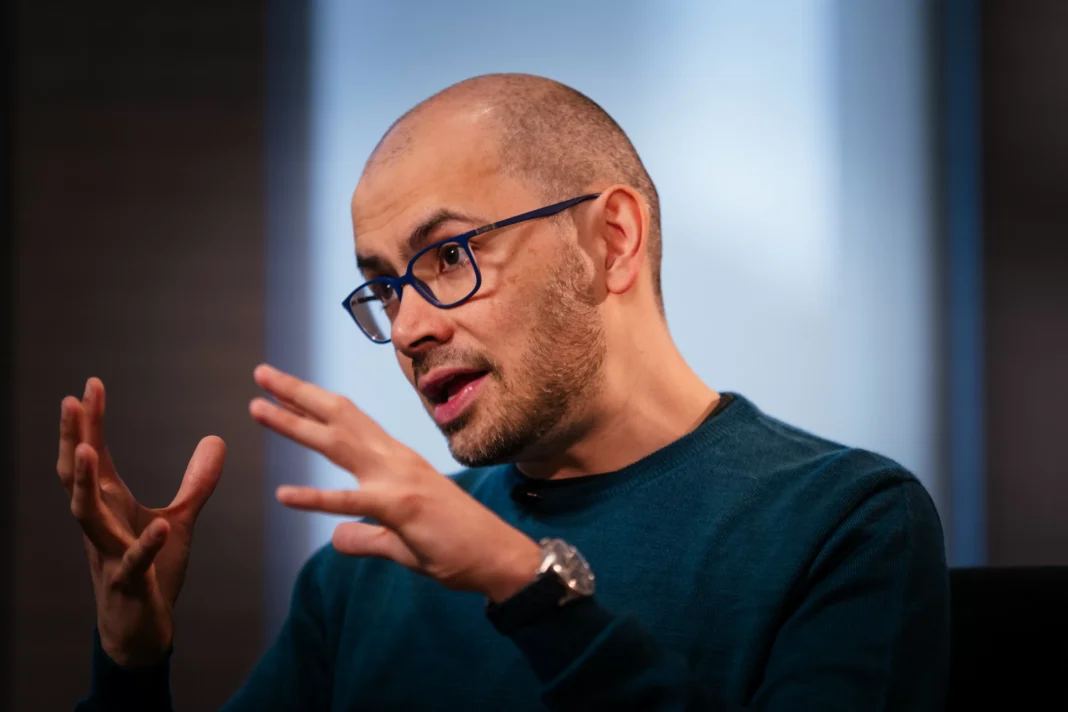Retaining top AI talent in today’s competitive landscape has become an uphill battle for companies such as Google, OpenAI, and other heavyweights in the industry. With advancements in artificial intelligence technology and the demand for skilled professionals increasing, companies are fighting harder than ever to attract and keep top talent on their side.
One company that has been facing this challenge head-on is Google’s AI division, DeepMind. According to a Business Insider report, DeepMind has resorted to using “aggressive” noncompete agreements for some AI staff in the United Kingdom. These agreements bar employees from working for competitors for up to a year, putting a temporary halt on their ability to jump ship.
While noncompete agreements are not uncommon, the length and intensity of these agreements have raised eyebrows. Many experts question whether this tactic is necessary and ethical in a field that thrives on collaboration and knowledge sharing. On the other hand, some argue that it is a crucial step in protecting the company’s investment in training and developing top AI talent.
It’s no secret that companies are investing large sums of money in recruiting and training AI professionals. Google, in particular, has made significant strides in this area, acquiring DeepMind in 2014 for a reported $500 million. With such high stakes, it’s understandable that they would want to do everything in their power to keep their talent from being poached by competitors.
But what does this mean for the employees caught in the crossfire? For some, it may mean taking a year-long break from the industry, which could have a significant impact on their career growth and development. Additionally, noncompete agreements can restrict an employee’s ability to work in their chosen field, limiting job opportunities and potentially hindering innovation and progress in the industry as a whole.
Despite these potential challenges, DeepMind has taken steps to ensure that their employees are not left high and dry during their noncompete period. The company reportedly pays these employees during their time away from the industry, providing some financial stability. Still, it’s unclear whether this is enough to compensate for the potential career setbacks and limitations that come with the noncompete agreement.
It’s a tough call for both companies and employees. On the one hand, companies like Google have a responsibility to protect their investment and maintain their competitive edge in the market. On the other hand, employees deserve the freedom to explore new opportunities and continue their career growth without unnecessary restrictions.
In this cutthroat competition for top AI talent, companies must find a balance between protecting their interests and respecting the rights and aspirations of their employees. It’s crucial to understand that the AI industry thrives on collaboration and innovation, and restrictive measures like noncompete agreements could hinder progress rather than foster it.
Moreover, companies should strive to create a work culture that attracts and retains top talent without the need for aggressive tactics. Offering competitive compensation packages, opportunities for growth and development, and a healthy work-life balance can go a long way in keeping employees satisfied and motivated to stay with the company.
In conclusion, retaining top AI talent is indeed a tough battle, and companies are resorting to various measures to stay ahead. While noncompete agreements may seem like a necessary step in an intensely competitive market, they come with their own set of challenges and limitations. Companies must carefully consider the implications of such agreements on their employees and the industry as a whole. At the same time, efforts should be made to create a work environment that fosters collaboration, growth, and innovation – the very foundations of AI. Only then can we ensure the continued progress and success of this burgeoning field.


